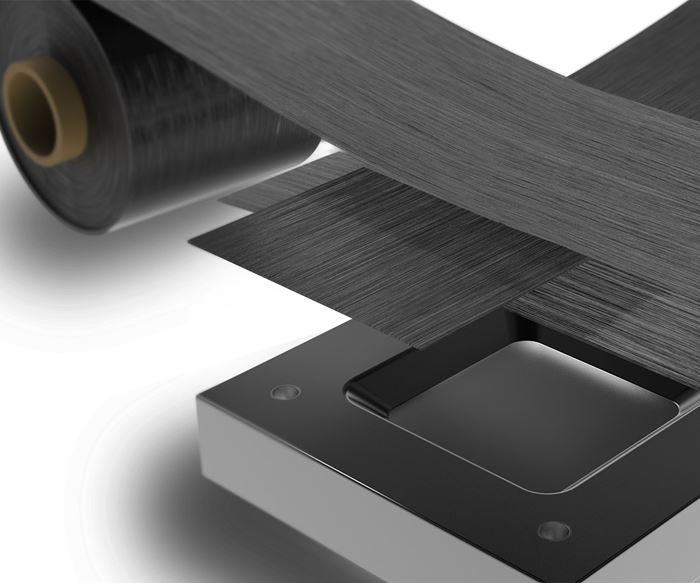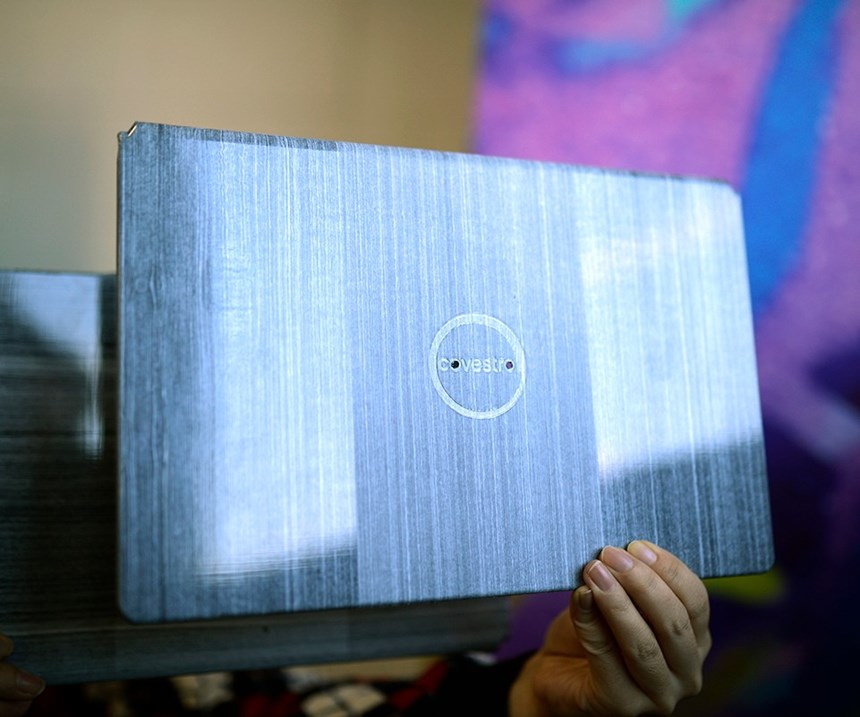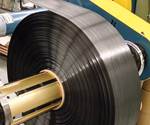Covestro begins commercial production of CFRTP
Covestro announces it will begin commercial production of its lightweight, high-strength continuous fibre-reinforced thermoplastic composite material.
Covestro (Leverkusen, Germany) announced March 8 it will begin commercial production of its lightweight, high-strength continuous fibre-reinforced thermoplastic composite material (CFRTP). Covestro has significantly expanded its production capacity and developed the Franconian town of Markt Bibart into a location for high-tech materials. It is located in the vicinity of renowned universities that conduct intensive research into the further development of composite materials. Covestro now employs 50 people in Markt Bibart, and further expansion is planned. Overall, the company has invested a mid-double-digit million euro sum.
"Our polycarbonates have already proven themselves in many applications that require strength, low weight and beauty, and have replaced conventional materials such as metal and glass,” says Michelle Jou, who heads Covestro's global polycarbonate business from Shanghai. "They can be found in applications such as laptop housings, car interiors, headlights and panoramic roofs, and medical devices, just to name a few. However, the electronics industry and other industries want even stronger and lighter materials that can be used to produce thinner parts and integrated functionality. In addition, there is a desire for more efficient production. With our new high-tech material, we're closing this gap."
Covestro’s composite material is based on continuous carbon or glass fibers impregnated with polycarbonate, thermoplastic polyurethane (TPU) or other thermoplastic resins. From this, Covestro produces uni-directional reinforced tapes and sheets for further processing by customers. These products can be tuned to infinite combinations, giving designers completely new creative opportunities. Another special feature of CFRTPs is that they feel and sound like metal, but offer the design freedom of plastics.
CFRTPs are attracting interest in such diverse segments as the electrical and electronics industry, the automotive business, household appliance manufacturers and furniture producers, medical technology, sports goods manufacturers, shoe producers and the luggage industry.
Related Content
-
Composites end markets: Electronics (2024)
Increasingly, prototype and production-ready smart devices featuring thermoplastic composite cases and other components provide lightweight, optimized sustainable alternatives to metal.
-
Plant tour: Sekisui Aerospace, Orange City, Iowa, Renton and Sumner, Wash., U.S.
Veteran composites sites use kaizen and innovation culture to expand thermoplastic serial production, 4.0 digitization and new technology for diversified new markets.
-
PEEK vs. PEKK vs. PAEK and continuous compression molding
Suppliers of thermoplastics and carbon fiber chime in regarding PEEK vs. PEKK, and now PAEK, as well as in-situ consolidation — the supply chain for thermoplastic tape composites continues to evolve.


















